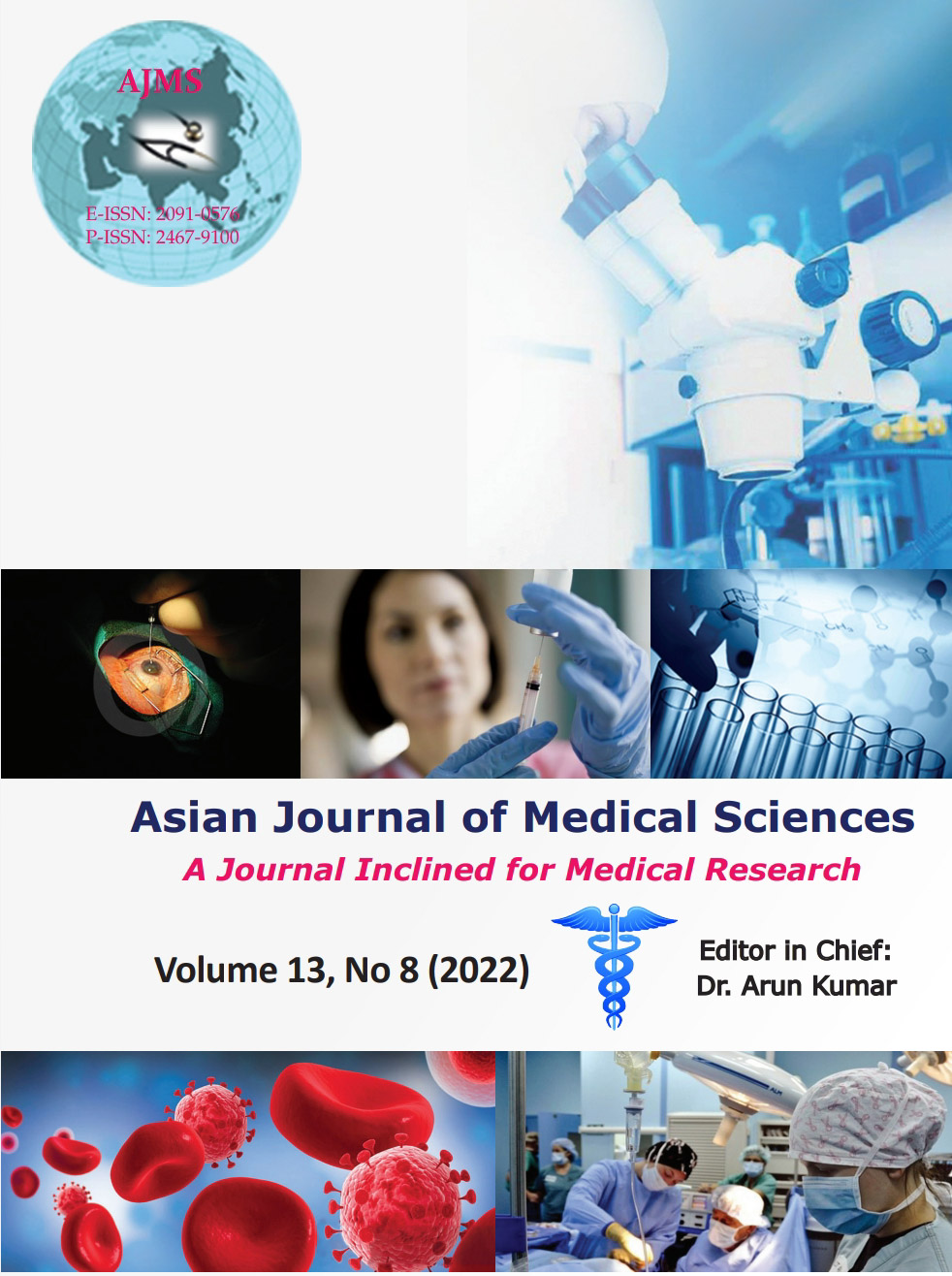To study the challenges in the implementation of “Foundation Course” of newly launch competency-based medical education curriculum among Indian medical colleges
Keywords:
Competency-based medical education; Foundation course; CBME; Competency; Competence; Entrustable professional activitiesAbstract
Background: Medical knowledge is advancing at a rapid pace in a world, where technological evolution is at an all-time high. However, the health-care system falls well short of acceptable standards when it comes to meeting patient demands. Our medical environment, on the other hand, requires conscious revamping to increase healthcare quality. Traditional training approaches are significantly lacking in this era of value-based medicine, which prioritizes quality measurement and provider proficiency. Competency-based medical education (CBME), with its emphasis on individual, programmatic and institutional outcomes, has the ability to realign medical education with this social expectation. However, CBME implementation, on the other hand, is fraught with many challenges.
Aim and Objectives: The aim and objective of this article is to study the challenges in implementation of “foundation course (FC)” of
newly launch CBME in Indian settings.
Materials and Methods: The study was conducted in a tertiary care center in the specialty of advanced course in Research Methodology. This was an observational study with records of 180 participants in 2019–2020 year. The average age of group was 13–50 years.
Results: One hundred and forty students and 40 teachers from various Medical Colleges had participated in the study. Around 70% participants had rated positive for the implementation of FC, while around 17% rated below average for the implementation of FC. Classes on Communication and Language (52.2%) and Computer and IT (45%) could not be taken was pointed out by the students. 35% of the students and 22.5% of the teachers pointed out that existing infrastructure is not sufficient for implementation of CBME. About 12.5% students express the concern that less study material is available on new CBME and topics included in the FC. Around 40% of the students and 17.5% of the teachers had express their concerned about time management during FC.
Conclusion: The education community has begun to address the difficulties associated with implementing of CBME. Models and guidance are available to inform implementation strategies across the educational continuum, with a focus on the more efficient use of resources and technology, as well as the use of milestones and entrustable professional activities-based frameworks.
Downloads
Downloads
Published
How to Cite
Issue
Section
License
Copyright (c) 2022 Asian Journal of Medical Sciences

This work is licensed under a Creative Commons Attribution-NonCommercial 4.0 International License.
Authors who publish with this journal agree to the following terms:
- The journal holds copyright and publishes the work under a Creative Commons CC-BY-NC license that permits use, distribution and reprduction in any medium, provided the original work is properly cited and is not used for commercial purposes. The journal should be recognised as the original publisher of this work.
- Authors are able to enter into separate, additional contractual arrangements for the non-exclusive distribution of the journal's published version of the work (e.g., post it to an institutional repository or publish it in a book), with an acknowledgement of its initial publication in this journal.
- Authors are permitted and encouraged to post their work online (e.g., in institutional repositories or on their website) prior to and during the submission process, as it can lead to productive exchanges, as well as earlier and greater citation of published work (See The Effect of Open Access).




